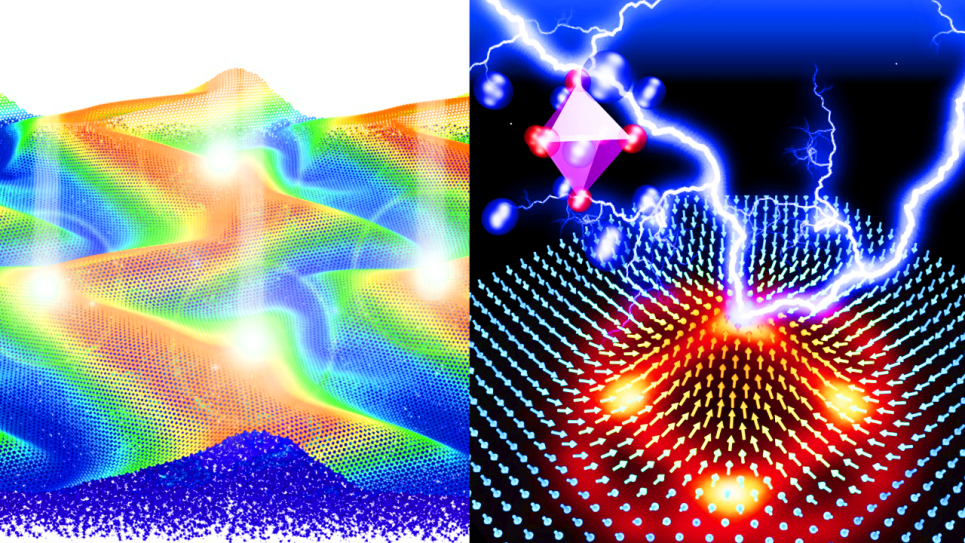The study of emergent physics, that is, how unique properties emerge from fundamental physics, is a major frontier in condensed matter physics. In particular, electronic systems are a fundamental part of modern technology and offer great promise for enabling the development of new materials. The understanding of quantum mechanics has advanced to the point that many new electronic systems can be designed for targeted objectives.
However, this understanding is primarily based on a critical assumption—that the interactions between electrons are small. When this assumption is not valid, a challenge and an opportunity arise. The challenge is that the equations used to calculate the electronic structure become very hard to solve. The opportunity is that new and exciting effects, like high-temperature superconductivity, can occur
For this INCITE project, researchers from the University of Illinois at Urbana-Champaign will use the computing power of Mira to solve the Schrödinger equation with unprecedented accuracy for high-temperature superconductors. Their objective is to completely characterize, for the first time, the electronic structure of unconventional superconductors. The simulations will serve a dual purpose. First, the researchers aim to uncover new microscopic physics in materials that exhibit high-temperature superconductivity. Second, they will use the high-fidelity simulations to predict materials with unique properties. Their findings will help to improve the fundamental understanding of electronic matter, which will aid scientists in the development of novel materials with new and exotic properties, including unconventional superconducting materials.
